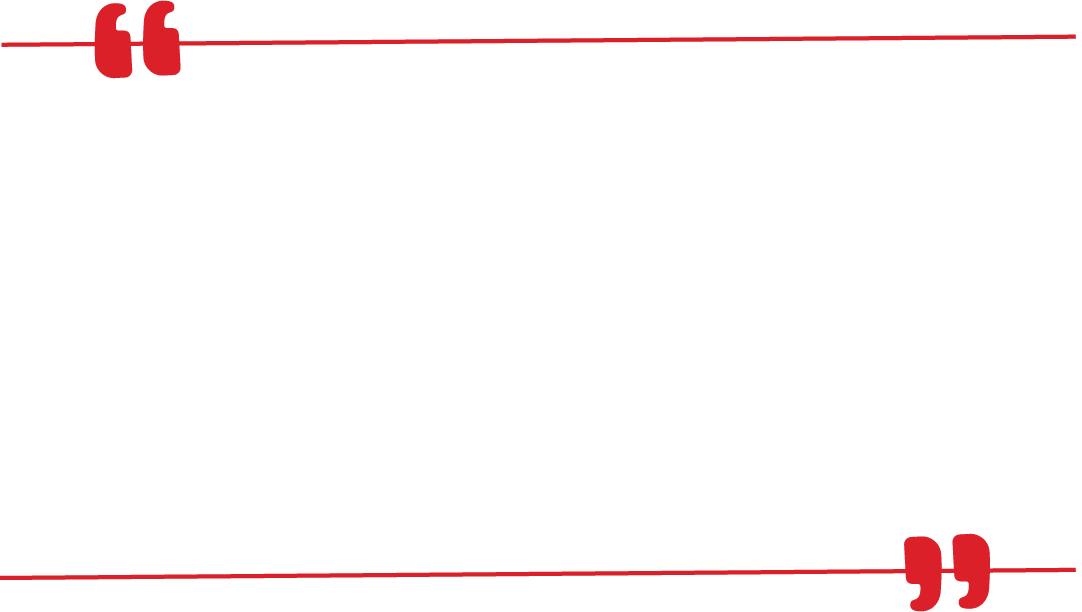Megan Lenstra
University of Northern Iowa, English Teaching & Communication and Theatre Arts
My Family History
Iowans from Dubuque are typically Irish or German, and I think I'm German. My dad’s family farmed in Dubuque. My mom’s father fought in Korea and then worked at Dubuque Meat Packing until he retired, and her mother worked as a secretary at the local university . My parents met on the third shift at Dubuque’s Regency Thermographers (my dad pressed wedding napkins, my mom worked in printing) and moved on to various publishing and printing jobs in Dubuque. Later on, my dad started his own wedding entertainment business.
Living in Iowa
I love how Iowans genuinely care about one another and are so authentic with their community. I also love how Iowans are always passionate to bring change to their community and make things better, which empowers and inspires others, including myself.
My Dreams
My goal, as a future teacher, is to inspire students to become empathetic, communicative, and creative students through the support of a safe environment. Through my education at the University of Northern Iowa, I’ve gained much experience through a variety of opportunities, such as peer mentoring a first-year-only classroom for two years, working as an Academic Coach, being an Assistant Director to TheatreUNI’s musical Cabaret, and working as a group leader for UNI Summer Orientation Staff for two summers. From these experiences, I’ve learned first-hand how our different perspectives and walks of life impact our daily lives. These opportunities taught me to listen, to learn, and to educate others. But most importantly, I learned how our differences helped us learn from and with each other.
A Teacher Who Changed My Life
Mrs. Heather Coenen, Theater Education, Dubuque Hempstead High School Mrs. Heather Coenen is the reason I chose my major and, ultimately, my future career in theatre education. As a high school senior, I thought I might audition for the fall play (Our Town by Thorton Wilder), but told her my color guard schedule might conflict. She looked me straight in the eyes and said, "Don’t let that stop you.” I was always anxious to do the wrong thing, so hearing her words of encouragement and persistence struck me. Mrs. Coenen, I have never let anything stop me since that day, and I cannot thank you enough for that.
My Favorite Thing

In 2015, I had brain surgery to remove a brain tumor, and suffered from a seizure which left my left arm and leg paralyzed. I had to relearn normal, daily movements, such as picking up objects and walking. My brace has helped (and continues to help me) with my physical abilities in daily life. After the surgery, my eyes were opened to a new world. I never realized the privilege I had with my abled body. I became passionate to advocate ability privilege to others and to advocate for representation in communities. More so, I was motivated to learn about identities other than my own. I wanted to learn what I was blind to before surgery and how I could advocate for representation and diversity in every aspect in life. Therefore, my brace represents not only my adversity of my own physical journey, but the beginning of my social justice education advocacy.
What #DIVERSITYISOURSTRENGTH means to me
As a society, we thrive on diversity. Listening and learning from others’ stories only makes us stronger as a society and closer as a community.












































